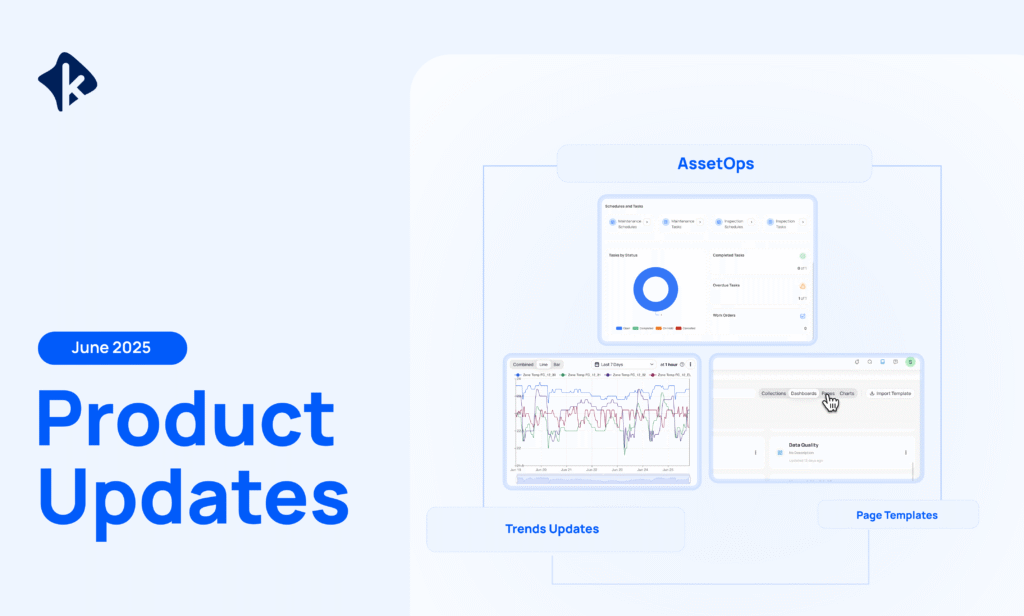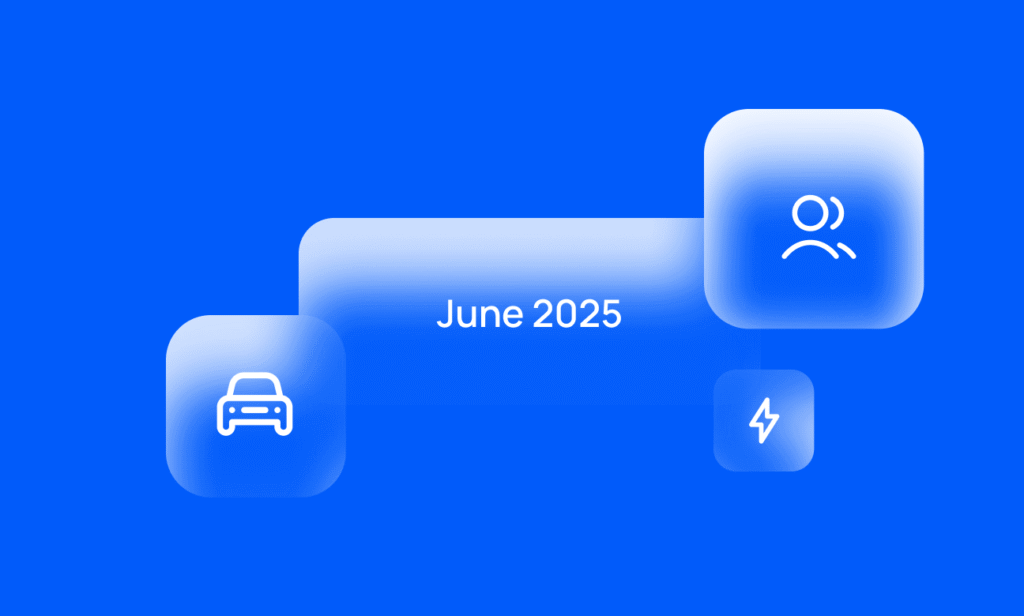On this page
Sign up to our newsletter
Subscribe to receive the latest blog posts to your inbox every week.
By subscribing you agree to with our Privacy Policy.
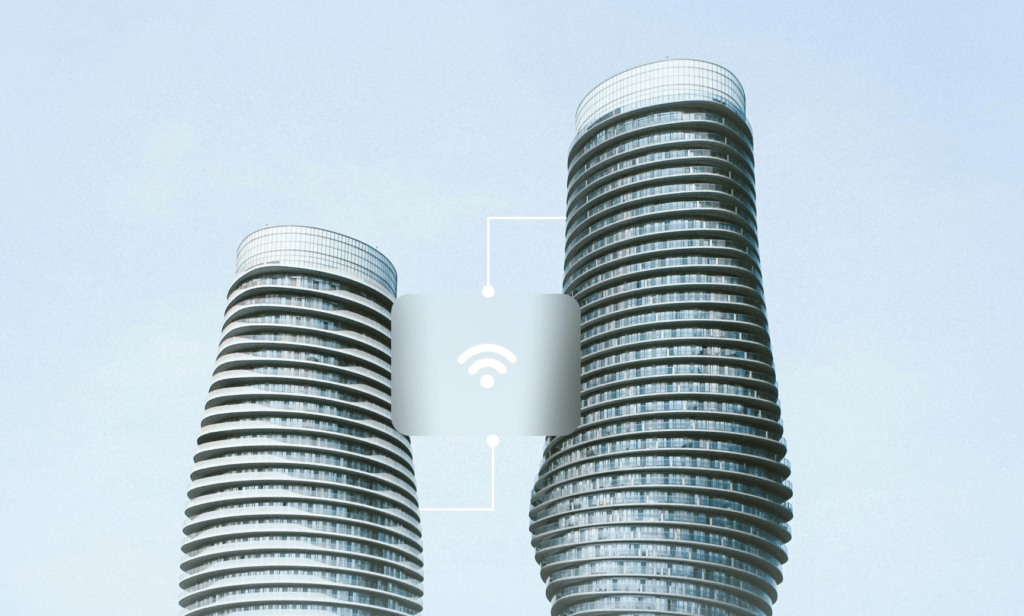
Etrit Demaj, Co-Founder of KODE Labs, leads the company’s operations, with responsibility for businesses in North America and Europe. He also oversees the company’s ongoing expansion efforts into emerging markets. Before KODE Labs, Etrit helped run operations and sales with other companies in the industry.
When Etrit Demaj co-founded KODE Labs in 2017 with his brother, Edi Demaj and their other partners, they had one thing in mind – to contribute to the future of real estate that is easy, open, data-driven and sustainable
Etrit and Edi were born in Kosovo and came to Detroit in 1999 as refugees during the Kosovo War. Their ties to both communities led to the company’s name (KO) for Kosovo and (DE) for Detroit.
Going on 4 years, our team is made up of over 60 forward thinking individuals with many years of experience in smart building technology and software development. The knowledge combined with bright young minds has allowed us to provide our clients with a smart building platform to meet their requirements and future proof for future integrations.
Ken Sinclair: What made you start KODE?
Etrit Demaj: Many personal reasons but from a business aspect, it’s a company with a main concentration on bringing the best talent from the real estate industry, along with software and data engineers who buy in on thinking long term and never forgetting that the customers and our partners are key to everything we will be doing for the next 50 years. We live by core values that our team is proud of, fully believe in and it becomes a way of life that can help shape cities, states and countries as we expand. That is KODE and Labs is part of the name because we know that by bringing these types of profiles together, the company will eventually evolve into a giant lab that will make a difference in helping make the world a better place. Many other ideas and businesses will be created long term.
From a product perspective, we focused on building technology that is faster to deploy, data focused and scales no matter the type of system, IoT sensor or operational software, our engine will deliver the use cases you need. We know that Energy is a big part but operational efficiency is a major factor when you have 7 computers in a basement and 5 cloud software along with a work order system. We knew with time, we can offer something more robust along with the best customer service out there.
The industry is far behind other industries when it comes to Data Engineering, Data Science, Machine Learning, AI and that is where we want to focus. Some companies have started crawling, others walking but none running yet. There will be many winners and most importantly, very happy customers who are driving this change.
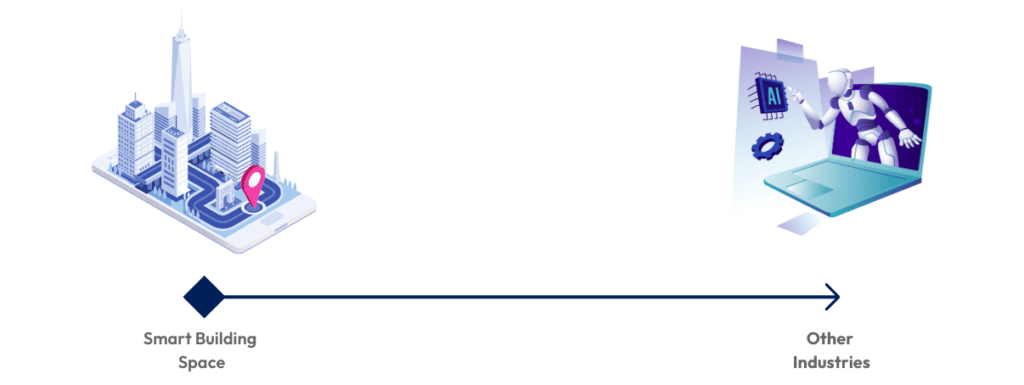
Ken Sinclair: What’s the problem with the industry today?
Etrit Demaj: Most systems are still proprietary and customer satisfaction is low which creates a sense of frustration for the owners. Siloed systems turn into siloed software stacks with many different analytics offerings and not much real energy savings. More frustrated operators with not enough time to dig through issues. You’re stuck with paying for solutions that create more work and less efficiency. Double the cost.
When I joined the industry, I was impressed by the 3D graphics and cool floor plans but quickly realized, it’s very expensive and not built for enterprise. Even though it was the same client, not one building looked the same for the user and it was only read-write with confusing alarms that most operators send to spam due to the overload in pointless notifications. For a building owner to spend that much money and only get HVAC, Lighting and on occasion Fire, it’s nonsense. Then came the analytics packages that got everyone excited. In order to make them work, you have to layer in extra software which means more investment for these companies to get their best team members to become certified and hit the ground running. Trying to integrate and program it with current front ends, understanding and training end users which not only takes time from your brightest who are making the company most of the revenue but it is never right, doesn’t have the same process for every deployment and it’s rarely predictive. Money spent and still no technology in place that you can start to replicate to your other buildings where you have the same type of systems and process. Not a good place to be in for anyone. Once the value is not realized, you have to start more RFP’s, hire consultants and do it all over again. Time consuming and costly which is why most buildings technology is considered outdated before the development is complete.
All of this is very expensive and there is no real way for a 100 million square ft portfolio to normalize their data even if you spend hundreds of millions on software solutions.
Ken Sinclair: How is the problem being worked on?
Etrit Demaj: We believe that owners, along with consultants and their service providers are working closer than ever together to overcome these challenges and it’s starting to work. Also, Johnson, Honeywell and Siemens are becoming more aware and working on their own technologies because their institutional shareholders are demanding more software revenue. The urgency is creating competition as well as team work between the ecosystem which helps create better ways to tag, healthy ontology wars and more fluid secure integration methods that can scale.
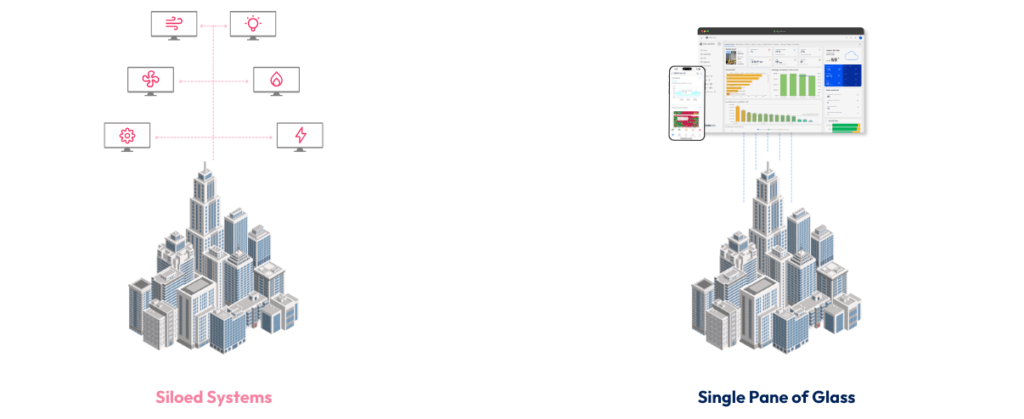
Ken Sinclair: What differentiates your tech stack from others in the market?
Etrit Demaj: KODE Labs stands out against others in the marketplace by focusing on our clients. Technically, we are entirely cloud based which allows us to provide a safe and scalable environment for collecting and displaying building data. We’ve also designed a rules based engine in our platform that allows us to deploy use cases in record time without much need for development work. Lastly, we’ve developed MSI project management tools that enable us, consultants and our channel partners to streamline inefficiencies regarding MSI projects and start integrating buildings from day 1 of design.
Ken Sinclair: Why did you include Ontology in KODE OS and what changes does it make?
Etrit Demaj: The most critical part of any smart building project is the ontology. Ontology is the way that systems, devices, and data are tagged in a building. Without a normalized ontology model, integration of various systems becomes next to impossible. At KODE, we use Google Ontology as our primary data tagging model, which allows us to normalize building data, but most importantly, it allows us to apply machine learning algorithms on the data. These machine learning algorithms can further enhance the user experience by having to do less and reduce energy consumption of the building. Not sure if it’s doable without the right engine and ontology.

Ken Sinclair: How does KODE OS enable use cases?
Etrit Demaj: We’ve developed a structured use case enablement process that involves three steps. The first step is clearly defining the use case for that user, for example, room booking. Second is identifying what technologies are required for each step. In the room booking example, this may involve Office 365 and a people counting sensor integration. The third step is clearly identifying the metrics that determine success for the use case. In the room booking example, this could include how frequently a room is used to capacity. The process has allowed us to deploy over 200+ use cases with our current clients.
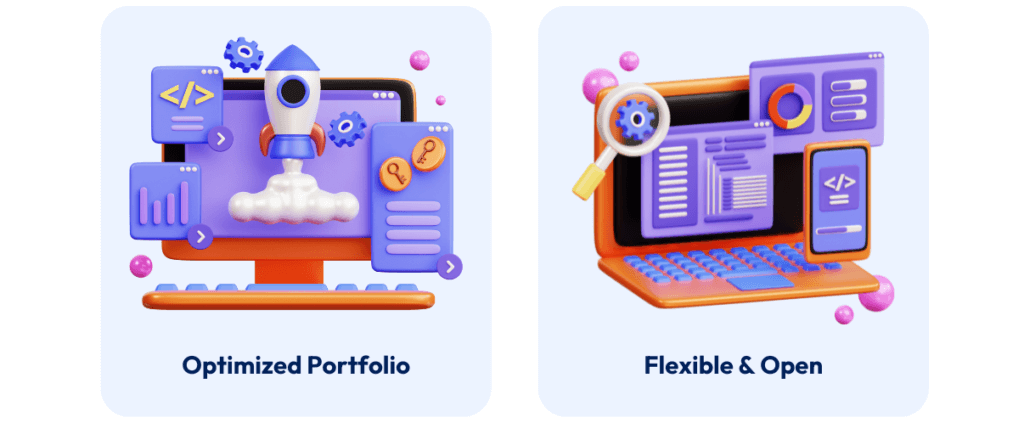
Ken Sinclair: How do you structure deployments?
Etrit Demaj: We’ve developed internal software tools that enable us to structure and streamline smart building deployments that are much less time consuming than industry averages, while simultaneously capturing and integrating all systems that are part of the scope. Keeping our channel partners, clients and vendors in the loop at all times is key to making sure everyone is bought in and there to enjoy the ride together.
KODE OS
KODE OS is our data focused, vendor agnostic smart building platform with a variety of features to enable sustainability, operational efficiencies and comfort. By collecting and normalizing data portfolio wide, KODE OS provides a single pane of glass through which operations for the entire real estate portfolio can be monitored, controlled, and optimized to improve energy efficiency, extend equipment lifespan, and increase tenant satisfaction.
KODE OS also eases administrative burdens by streamlining day-to-day management of a building. It allows for proactive maintenance of all building systems, saving money and work in the long run. We enable in-office and remote monitoring by providing our platform through a web portal and mobile app.
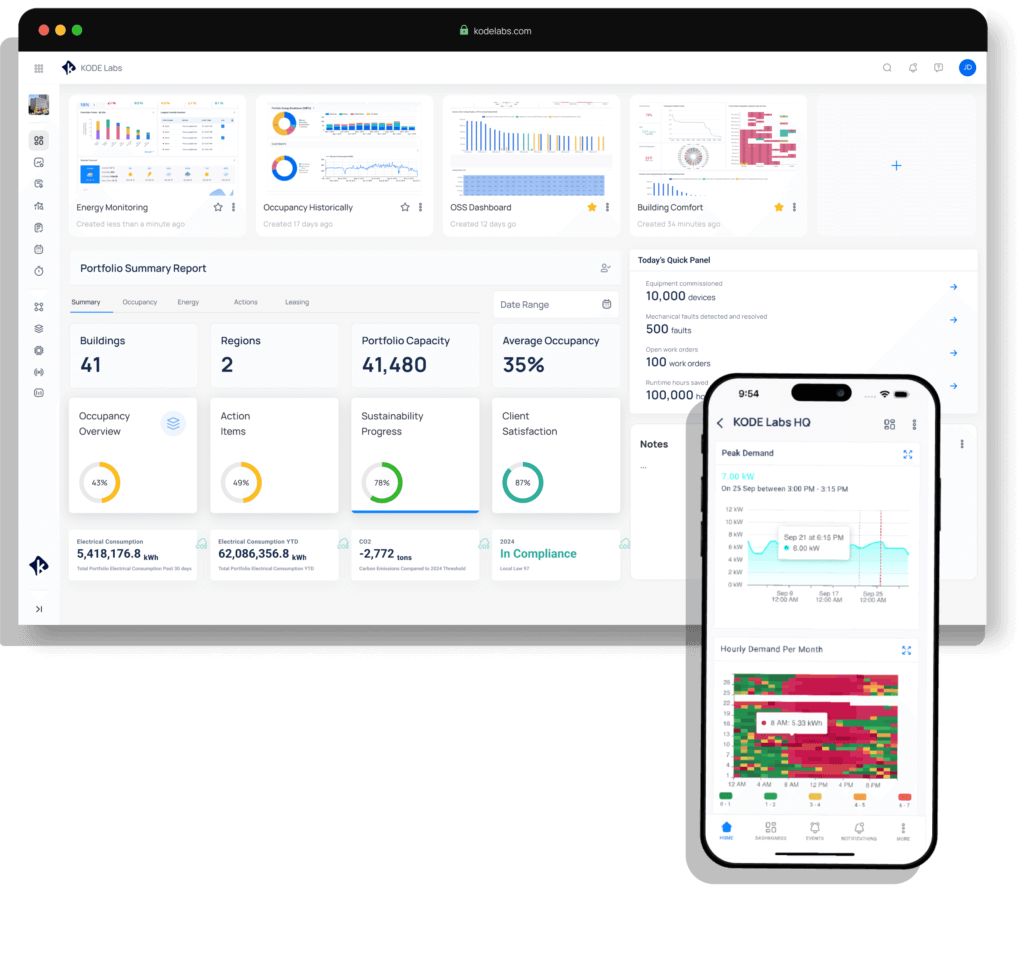
The KODE experience
To learn more about the experience with KODE OS check out one of our recent events we hosted on Unissu, where we talk all about our workflow at KODE – how we deliver smart buildings, how fast we deliver these smart buildings and how we enable use cases: Digital Twin Enablement | RE:Connect June

